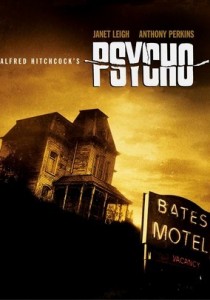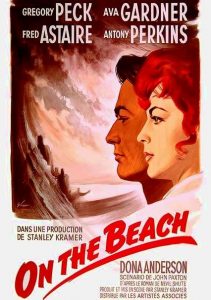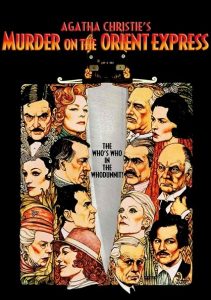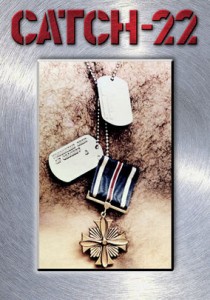Mahogany-1975
Director Berry Gordy
Starring Diana Ross, Billy Dee Williams, Anthony Perkins
Scott’s Review #1,492
Reviewed August 20, 2025
Grade: B-
Watching Diana Ross, the ‘Queen of Motown Records’ and the lead singer of the legendary pop group, The Supremes, in a film role holds appeal.
A fabulous singing star, she had her sights set on continued film stardom with Mahogany (1975), having achieved respectability with Lady Sings the Blues (1972).
Ross portrays Tracy Chambers, a struggling Chicago fashion design student who rises from shop girl to popular fashion designer in Rome, after a chance meeting with hotshot fashion photographer Sean (Anthony Perkins) in the department store where she works.
Her love interest is aspiring politician Brian Walker (Billy Dee Williams), a local activist fighting against gentrification in their community.
But will her sudden success and diva antics destroy her relationship as well as her respect in the fashion world?
The highlights of the film are the many exterior sequences in and around Chicago and the swanky Rome locales featuring the Spanish Steps, the Colosseum, and other sophisticated locales.
Also, the soundtrack includes the single “Theme from Mahogany (Do You Know Where You’re Going To)”, sung by Ross, which peaked at number one on the Billboard Hot 100 chart in January 1976.
The song is a gorgeous ballad wisely recreated in different tones and styles throughout the film as well as during the credits.
Ross and Williams have a decent amount of chemistry, making an unlikely pair. Brian yearns to make a difference in the world, caring for the ‘little guy’ while earnestly forging a career in politics.
He puts up with Tracy’s ambitions because he is progressive, and their tender scenes of romance work well. When they spar, the tension builds into a believable crescendo, especially their blow-up fight in Rome.
This showcases the best acting from the pair, and the audience roots for them to reconcile.
It’s inspiring, especially for 1975, to see a black couple featured in a film front and center. Their lives are showcased instead of merely supporting white characters.
Other aspects of Mahogany are affected by various issues.
Ross, a singer, has hits and misses in the acting department. Sometimes she nails a scene, and other times she overacts. This may be the less-than-stellar writing, though, as her character progresses from likeable to diva bitch to likeable again in lightning speed.
It’s wonderful to see Anthony Perkins in another film role besides his signature role as Norman Bates in Psycho (1960). But his character, struggling with his sexuality, is possessive of Tracy, then has a death wish, all with underexplored and unsatisfactory themes.
Was being gay in the fashion industry such a big deal?
I wished for a more substantial role for Nina Foch, famous for her 1951 turn in An American in Paris. Playing a one-note, stuffy character like Miss Evans doesn’t give her much to work with.
It has a soap opera tone and a feeling that Ross is somewhat playing herself. Combined with a nagging, schmaltzy vibe and messy, plot-driven writing, it’s a film that’s all over the place, especially towards the conclusion.
The best example is when Tracy’s new benefactor, Count Christian Rosetti (Jean-Pierre Aumond), also in love with her, agrees without argument to let her give up her entire career and return to Chicago, and Brian.
This follows Tracy’s sudden epiphany that she no longer wants to be the biggest star in the world.
All in the final ten minutes.
Mahogany (1975) is a marginal success with a few highlights and a dismal failure for other reasons, leaving it hovering somewhere around the mid-line for mediocrity.
Oscar Nominations: Best Original Song, “Theme from Mahogany (Do You Know Where You’re Going To”).




